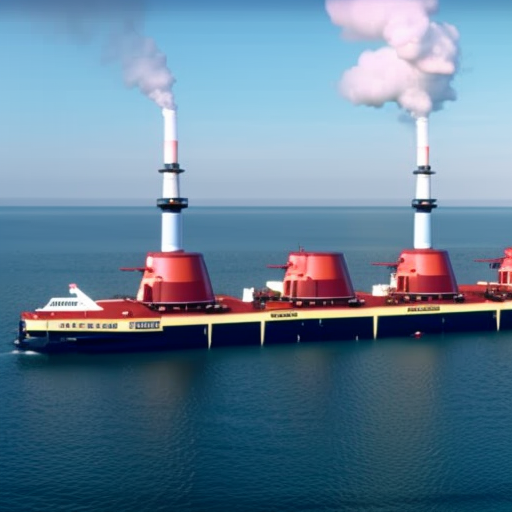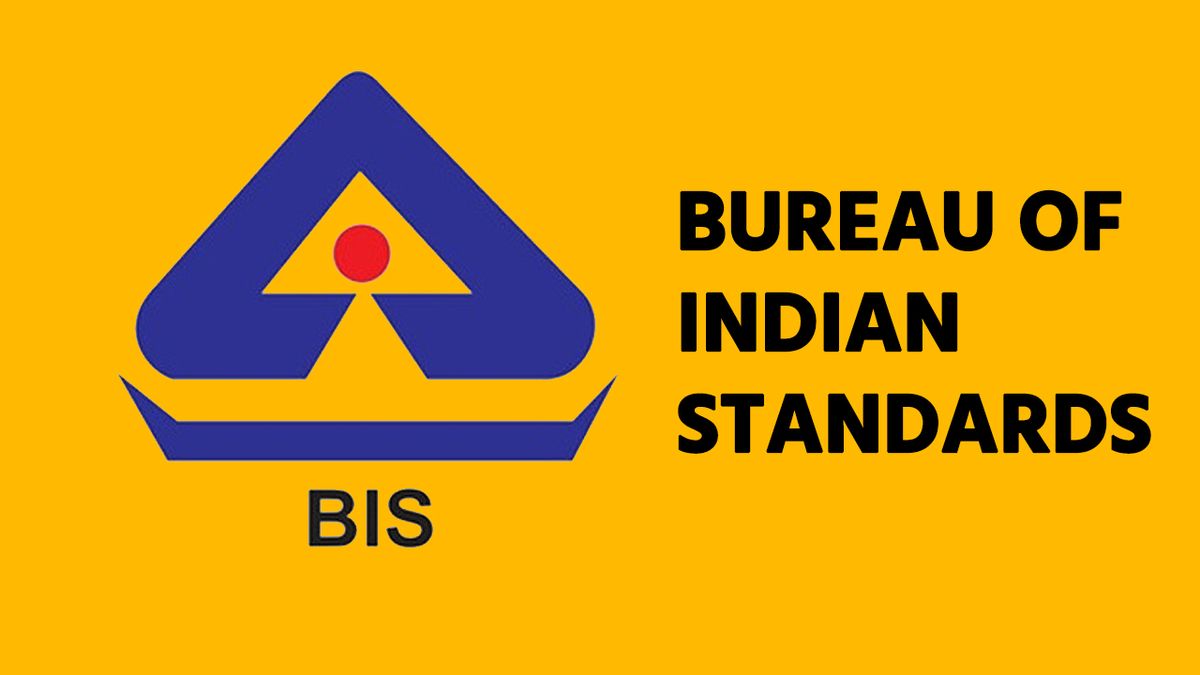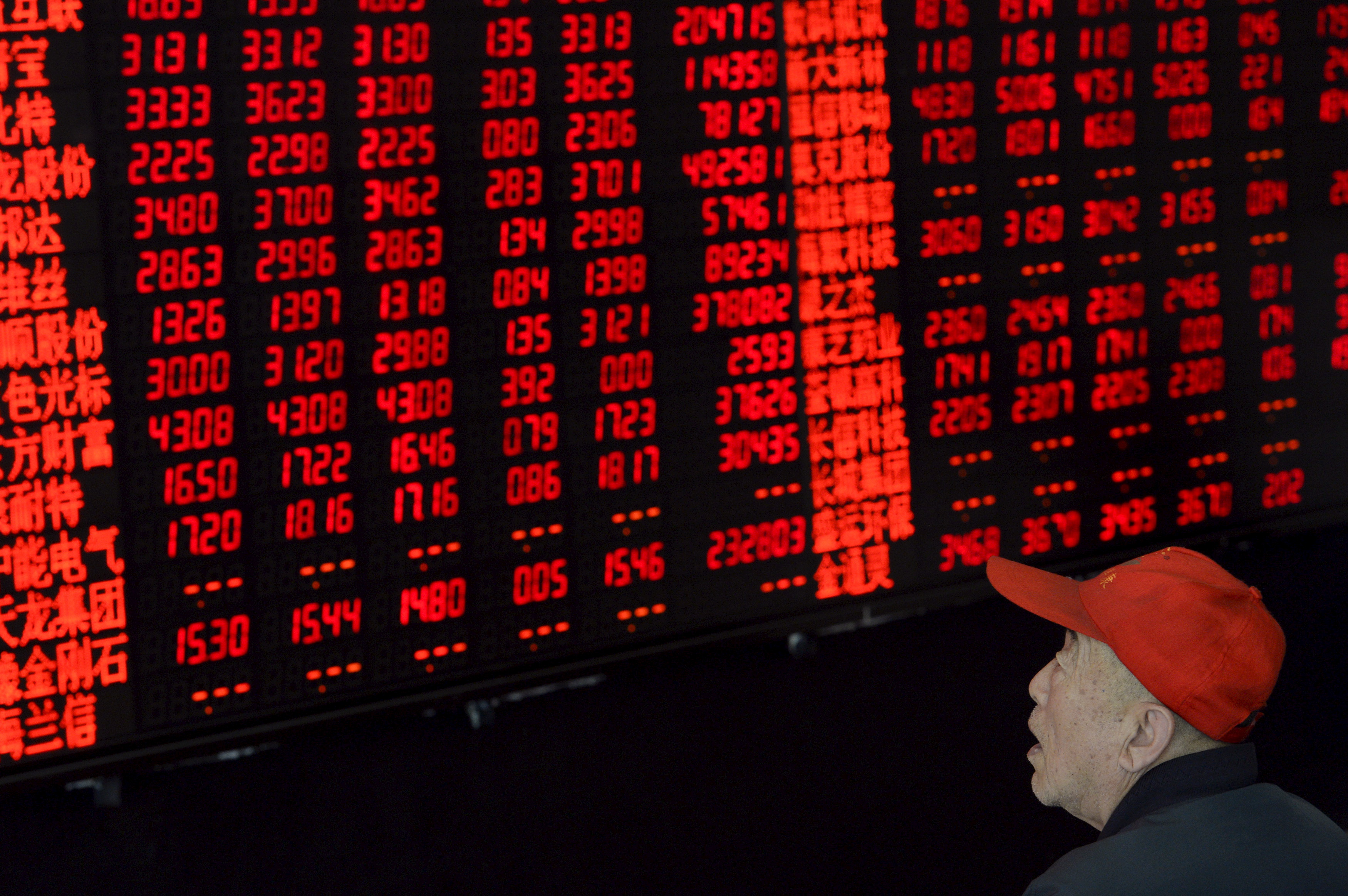
Bureau of Indian Standards Introduces Standard for Marine Energy Conversion Systems

Introduction
The Bureau of Indian Standards (BIS), a statutory body functioning under the Ministry of Consumer Affairs, Food and Public Distribution, Government of India, has taken a significant stride towards promoting standardisation in the field of Marine Energy Conversion Systems. To address the growing importance of marine energy projects undertaken by the Government of India, BIS has formed a dedicated technical committee, the Marine Energy Conversion Systems Sectional Committee under ETD 54.
Importance of Standardisation
Recognizing the need for adherence to standardized norms to ensure the quality of products utilized in these projects, the establishment of this committee marks an important milestone in the development and regulation of marine energy systems in India.
Inaugural Meeting
The inaugural meeting of the newly formed technical committee was held on 21 December 2023 at the prestigious National Institute of Ocean Technology (NIOT) in Chennai. The gathering saw the participation of renowned experts from esteemed institutions including National Institute of Ocean Technology (NIOT), Ministry of New and Renewable Energy (MNRE), Indian Institute of Technology Madras, Indian Institute of Technology Bombay, Central Electricity Authority (CEA) etc.
Objective of the Committee
The primary objective of the Marine Energy Conversion Systems Sectional Committee is to set comprehensive standards and guidelines for various aspects related to marine energy conversion systems. By bringing together expertise from multiple domains, the committee aims to foster collaboration, innovation, and knowledge exchange in this emerging field.
Commitment to Sustainable Development Goals
The formation of this committee reflects BIS’s commitment to promoting sustainability, technological advancements, and ensuring the highest quality standards in marine energy projects across the country.
SDGs, Targets, and Indicators in the Article
-
SDG 7: Affordable and Clean Energy
- Target 7.2: Increase the share of renewable energy in the global energy mix
- Indicator 7.2.1: Renewable energy share in the total final energy consumption
-
SDG 9: Industry, Innovation, and Infrastructure
- Target 9.4: Upgrade infrastructure and retrofit industries to make them sustainable
- Indicator 9.4.1: CO2 emission per unit of value added
-
SDG 12: Responsible Consumption and Production
- Target 12.2: Achieve sustainable management and efficient use of natural resources
- Indicator 12.2.1: Material footprint, material footprint per capita, and material footprint per GDP
Analysis
The article discusses the formation of a dedicated technical committee by the Bureau of Indian Standards (BIS) to promote standardization in the field of Marine Energy Conversion Systems. Based on the content of the article, the following SDGs, targets, and indicators can be identified:
1. SDG 7: Affordable and Clean Energy
The formation of the technical committee by BIS reflects the importance of marine energy projects undertaken by the Government of India. By setting comprehensive standards and guidelines for marine energy conversion systems, the committee aims to promote the use of clean and renewable energy sources.
2. SDG 9: Industry, Innovation, and Infrastructure
The establishment of standardized norms for marine energy systems contributes to the upgrading of infrastructure and the retrofitting of industries to make them sustainable. By promoting technological advancements in the field of marine energy, the committee supports sustainable development in the industry sector.
3. SDG 12: Responsible Consumption and Production
The committee’s objective of achieving comprehensive standards and guidelines for marine energy conversion systems aligns with the goal of responsible consumption and production. By ensuring the highest quality standards, the committee promotes the efficient use of natural resources and sustainable management practices.
Table: SDGs, Targets, and Indicators
| SDGs | Targets | Indicators |
|---|---|---|
| SDG 7: Affordable and Clean Energy | Target 7.2: Increase the share of renewable energy in the global energy mix | Indicator 7.2.1: Renewable energy share in the total final energy consumption |
| SDG 9: Industry, Innovation, and Infrastructure | Target 9.4: Upgrade infrastructure and retrofit industries to make them sustainable | Indicator 9.4.1: CO2 emission per unit of value added |
| SDG 12: Responsible Consumption and Production | Target 12.2: Achieve sustainable management and efficient use of natural resources | Indicator 12.2.1: Material footprint, material footprint per capita, and material footprint per GDP |
Behold! This splendid article springs forth from the wellspring of knowledge, shaped by a wondrous proprietary AI technology that delved into a vast ocean of data, illuminating the path towards the Sustainable Development Goals. Remember that all rights are reserved by SDG Investors LLC, empowering us to champion progress together.
Source: smestreet.in

Join us, as fellow seekers of change, on a transformative journey at https://sdgtalks.ai/welcome, where you can become a member and actively contribute to shaping a brighter future.






